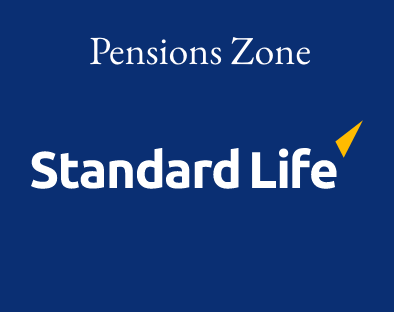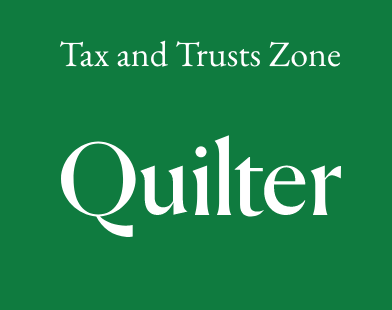Those caught by pension recycling rules could face a hefty fine. Clients therefore need to know the criteria that will breach the rules.
Taking tax free cash out of a pension and then putting it back in again could land people with a hefty tax charge. As people have been withdrawing tax-free cash from their pensions in a bid to avoid potential changes to the tax free cash rules in the Budget, this is a trap in which they could get caught, potentially facing a charge of up to 55% of their tax-free cash amount.
Pension recycling is when a person reinvests some, or all, of their tax-free cash, back into their pension to maximise tax-relief. The idea being that by putting the money back into their pension they can generate additional tax relief, and possibly build up fresh entitlement to more tax-free cash.
However, there are limits to HMRC’s generosity. Clare Stinton, head of workplace saving analysis, Hargreaves Lansdown explains.
“Limited recycling of tax-free cash is possible. However, if caught on the wrong side of the recycling rules people could end up facing a significant penalty that would likely outweigh any benefit. The tax-free cash will be treated as an unauthorised payment and a charge of up to 55% of its value will be due.
“Importantly, recycling rules only apply to an individual’s pension and do not apply when tax-free cash is used to boost someone else’s pension, like a spouse’s or child’s pension.”
A run-down of the recycling rules (all criteria must be met to be deemed a breach of the rules):
- Tax-free cash is taken.
- Tax-free cash taken exceeds £7,500 (including any other tax-free cash taken in past 12 months).
- Contributions into pensions are significantly higher than what’s expected. This applies to personal, employer and third-party contributions.
- The value of the contribution increase is more than 30% of the tax-free cash taken. (The recycling rules take into account contributions paid in the tax year in which the tax-free cash is taken, as well as the two tax years either side of this).
- Recycling was planned by the member – the onus is on HMRC to evidence it was a conscious decision.
Tax charge
- If the tax-free cash taken is less than 25% of the pension value, then a 40% unauthorised payment charge will generally apply.
- If the tax-free cash taken is 25% or more of the pension value, then a 15% surcharge will also normally apply.
- A further scheme sanction charge of up to 15% can also be levied on the provider.
Example 1
Fran takes £150,000 tax-free cash on 1 October 2024 and increases her annual contributions to her workplace pension by £10,000. This takes her annual contributions from £15,000 to £25,000. Her contributions remain at that level for the next two tax years. Because the cumulative increase in the value of the total contribution is less than 30% of the tax-free cash taken, the recycling rules have not been broken.
Example 2
You receive £60,000 tax-free cash. You plan to use part of the tax-free cash to pay off your mortgage and part to top up your pension. Over the previous few years, you have been contributing £3,000 a year to your pension.
After paying off your mortgage you reinvest £30,000 in a pension plan. However, as this investment was preplanned, it is a significant increase and represents more than 30% of the tax-free cash, it is caught by the recycling rules. Consequently, you could have to pay up to £42,000 tax on the tax-free cash of £60,000. The overall tax charge here is 70%, not 55%. This includes a scheme sanction charge that can be levied on the provider.
Main image: nick-pampoukidis-t-UV1rZqPuY-unsplash































